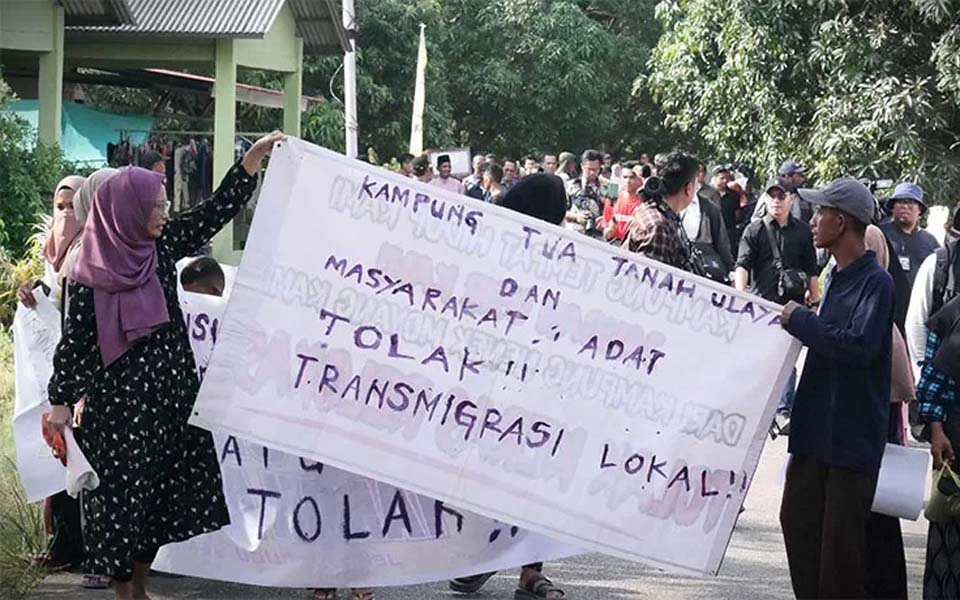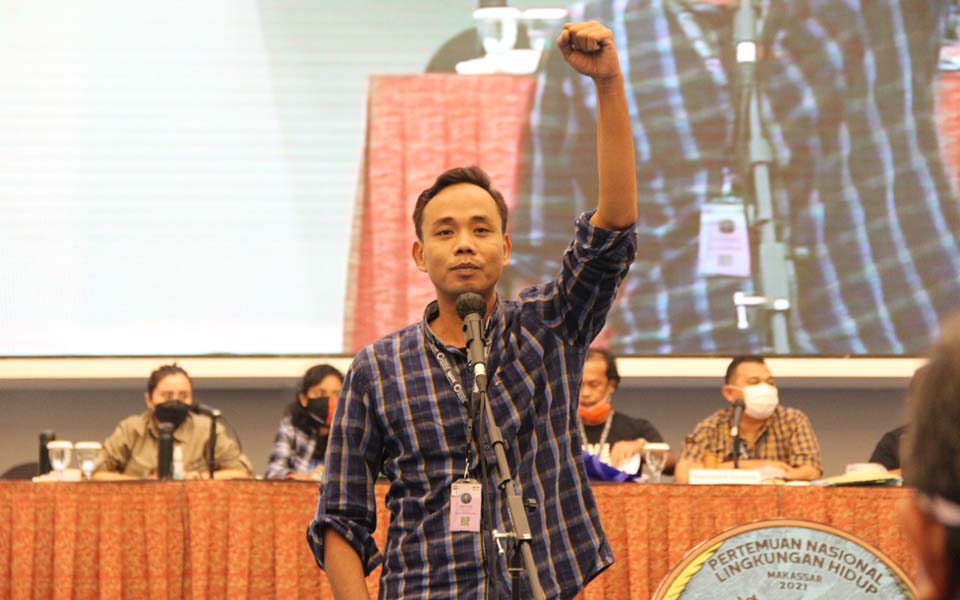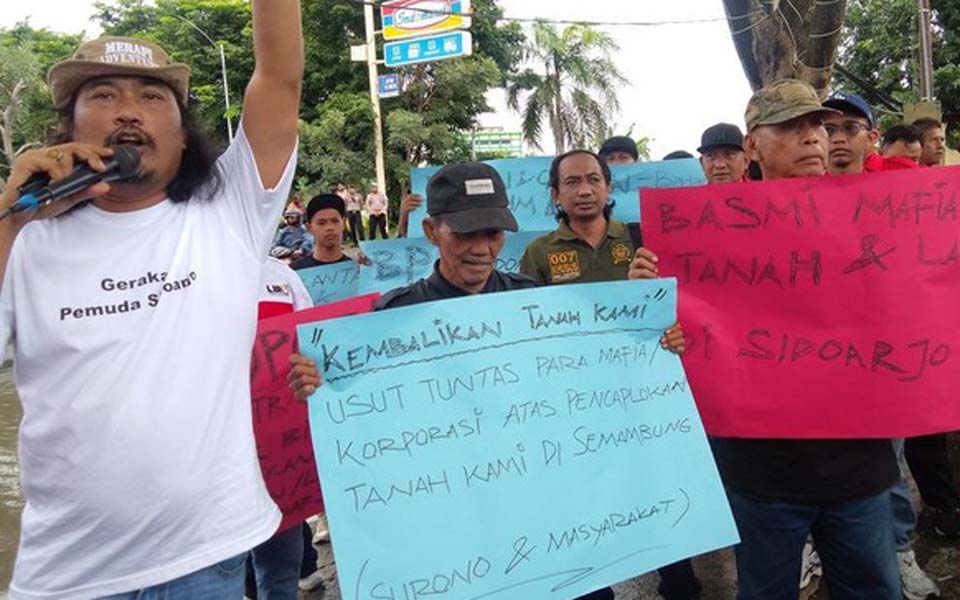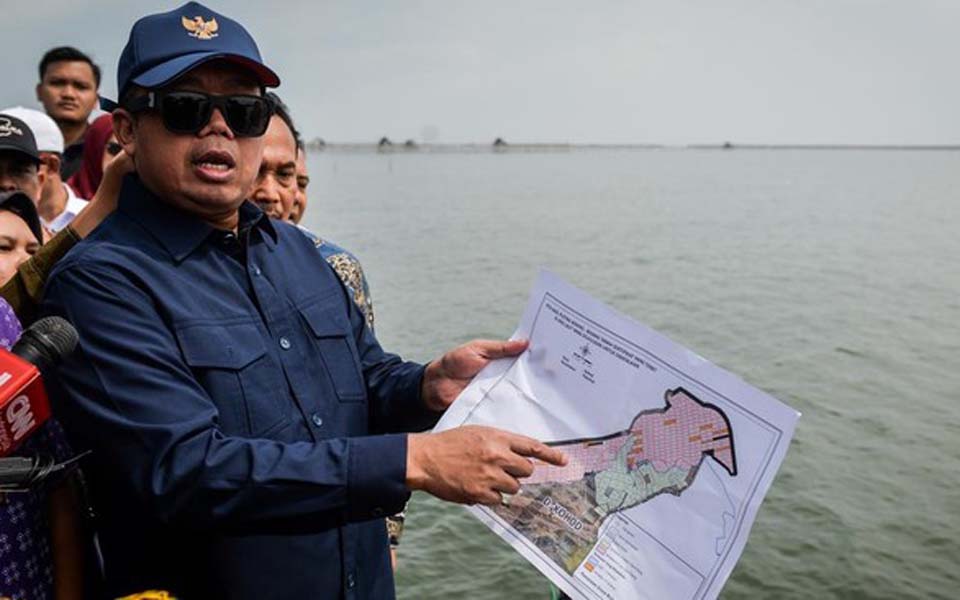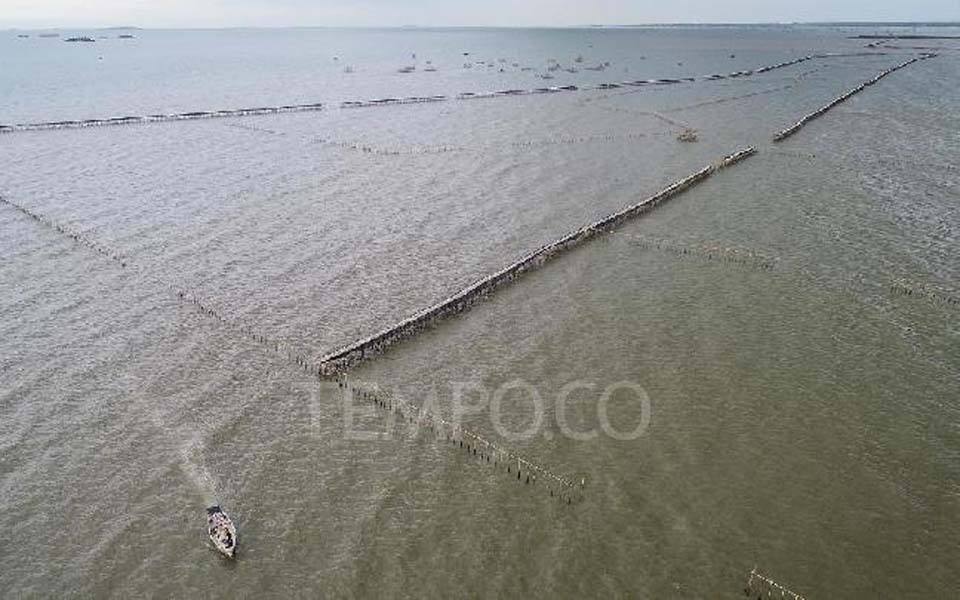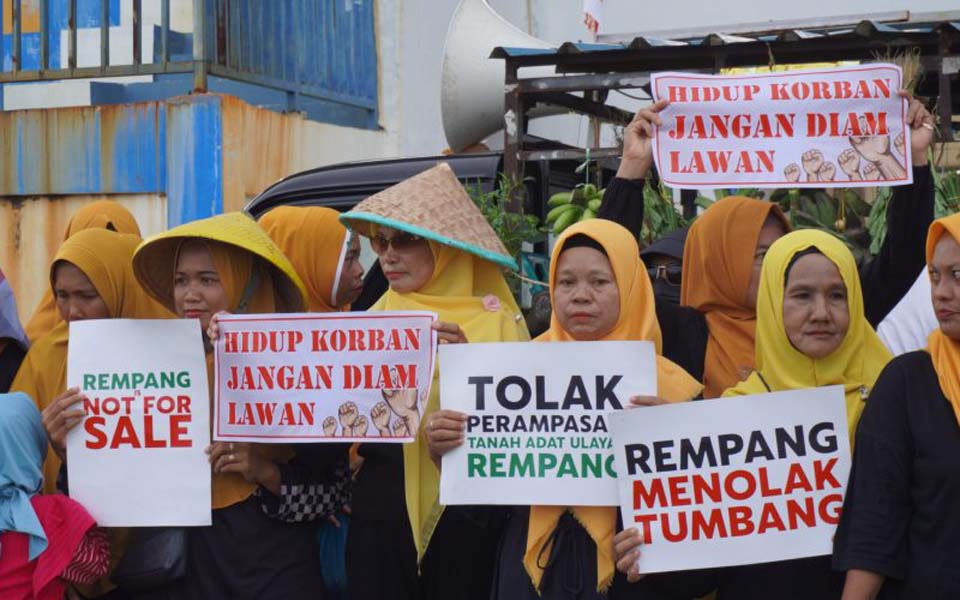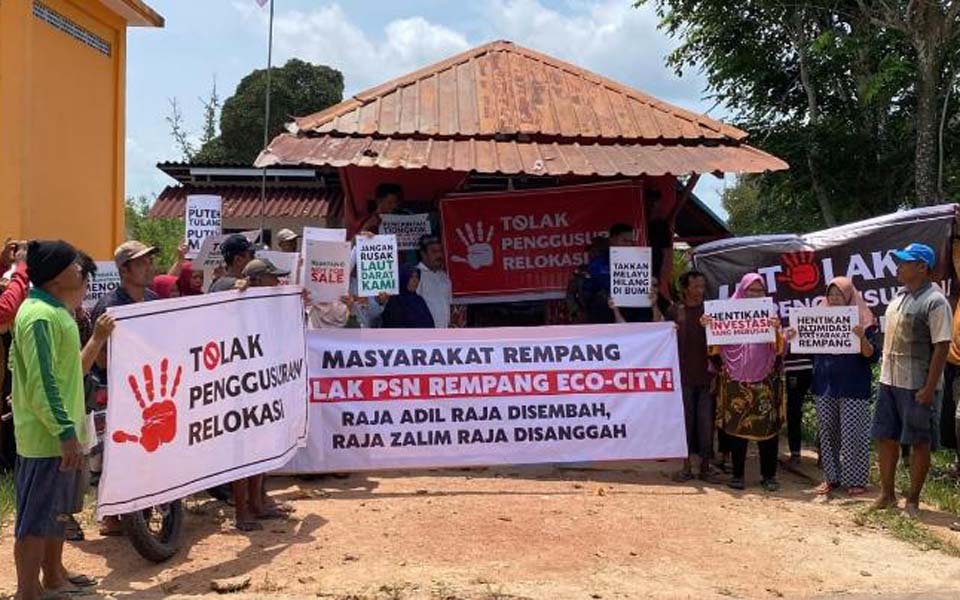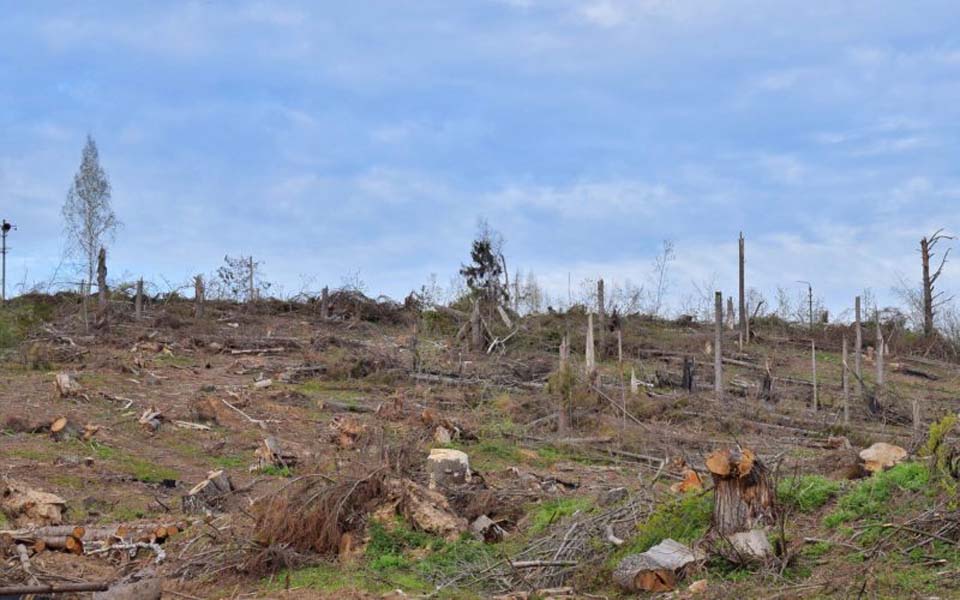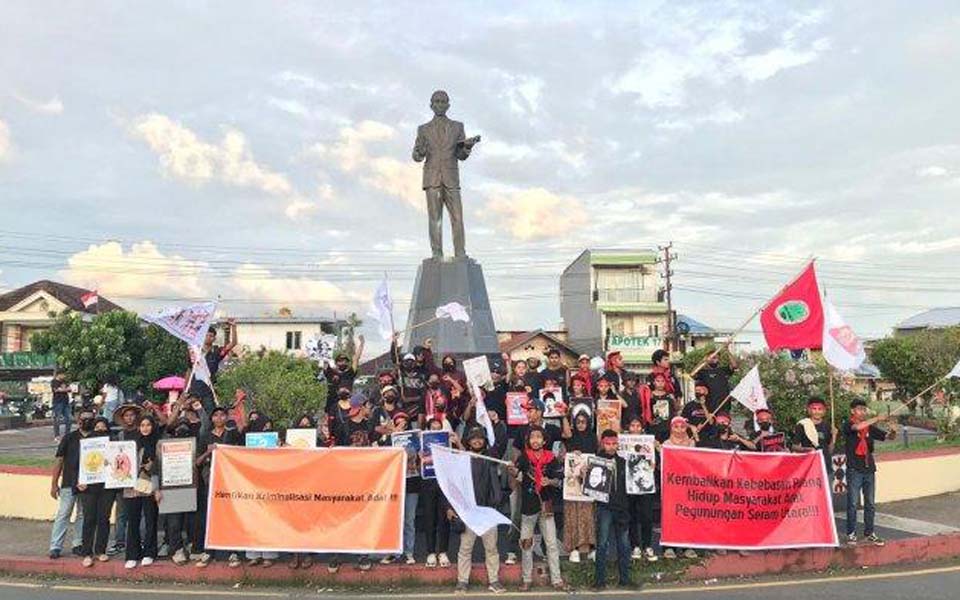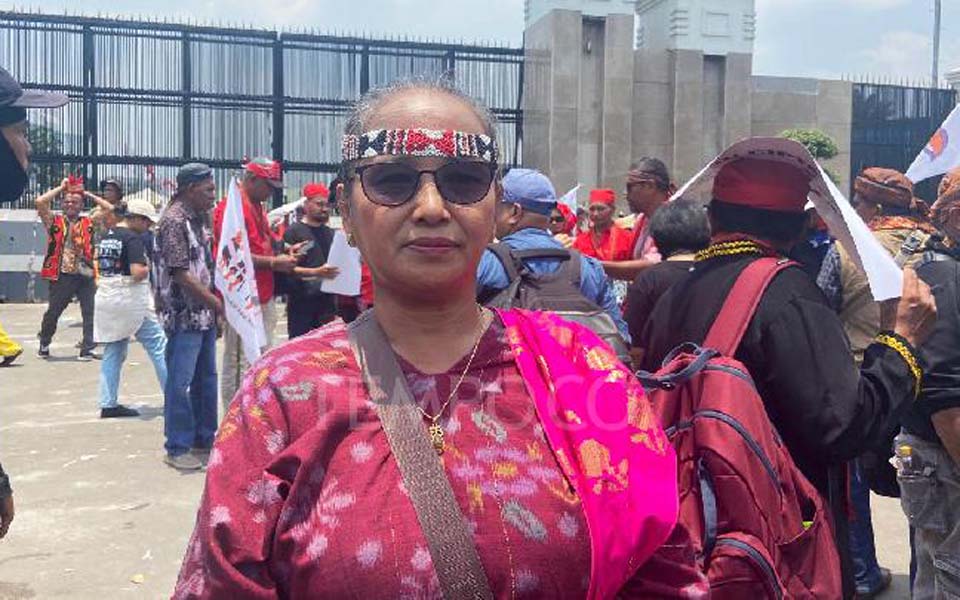Hendrawan Kariman, Pekanbaru – The presence of the Transmigration Minister (Mentrans) Iftitah Sulaiman Suryanegara in Rempang Island on April 18 is an indication that the construction of the Rempang Eco-City project will continue.
Bringing an offer of a solution in the form of local transmigration, Suryanegara tried to win the hearts of the community so they would be willing to move from their village to a relocation site.
The Riau Island Indonesian Forum for the Environmental (Walhi) believes that the solution offered by the Suryanegara is no different from what has been done by other ministers before, such as Energy Minister Bahlil Lahadalia. Local transmigration that attempts to move Rempang residents from their home village to artificial villages or a relocation site is the same as eviction.
Walhi Riau Manager for Organising and the Acceleration of People's Management, Eko Yunanda, stated that relocation is not the solution desired by Rempang residents to resolve the Rempang Eco-City problem. The local transmigration program that has been touted by Suryanegara is the same as asking the community to leave their old village and switch to the relocation location.
"The Rempang Eco-City project through the local transmigration program is still evicting [people], because of its orientation is to build a downstream industry, of course this will not bring prosperity [to local people] and has the potential to eliminate the cultural and historical identity of indigenous peoples and local communities that have settled there since 1834", said Yunanda.
The desire of the Rempang community, the majority of which reject relocation, said Yunanda, is a calm and peaceful life in their village. The development model through the Rempang Eco-City project will give birth to special inequalities and environmental burdens that will harm fishers and gardeners on Rempang Island.
Rights from the start, said Yunanda, the Eco-City Rempang Project has been a government-private business partnership, the process of which has given rise to structural violence. "In fact, the determination of the Rempang Eco-City project [as a national strategic project, PSN] has triggered conflict and has failed in fulfilling, respecting and protecting the rights of indigenous peoples and local people", he said.
Meanwhile, a representative of the United Rempang Galang Community United Alliance (AMAR-GB), Ishaka, said that the government through the local transmigration program cannot replace the villages that are inhabited by the community. To this day the majority of the community still rejects the Eco-City Rempang project and its derivative programs.
"We are calm and comfortable with the current conditions, the entry of the Eco-City Rempang project has disturbed us", said Ishaka.
Since the construction of relocation houses in Tanjung Banon, the surrounding community has complained about is impact, the damage to mangroves and the death of fish in cages due to mud and waste from the construction the houses.
In addition, if the Rempang community from 16 points in the old village is moved and cantered at Tanjung Banon, this will trigger conflicts between fishers competing for space to catch fish. Meanwhile for those who work as farmers, relocation or eviction to a 500 square metre block of land, including the house, will of course makes it impossible for them to maintain their profession.
According to Ishaka, the government only wants to listen to what investors want, and is not listening to the wishes of indigenous and local people whose lives dependent on utilising the natural resources of the sea and land.
[Translated by James Balowski. The original title of the article was "Transmigrasi Lokal Bukan Solusi Masalah Rempang".]
Source: https://riaupos.jawapos.com/nasional/2255913713/transmigrasi-lokal-bukan-solusi-masalah-rempang





